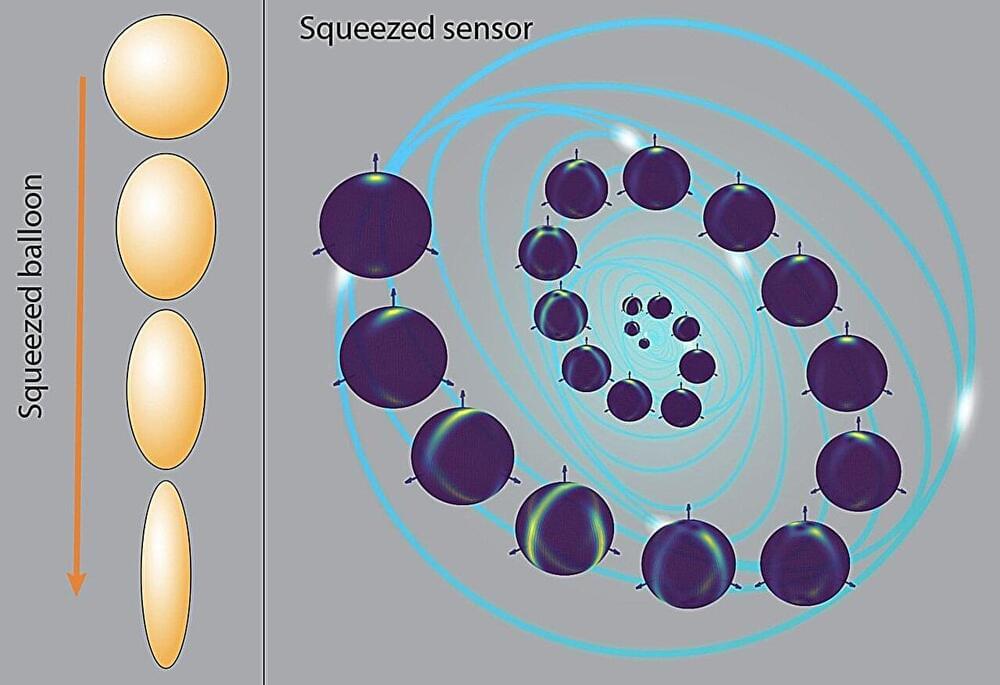“The research aims to better understand how quantum squeezing can be used in more complicated measurement situations involving the estimation of multiple phases,” said Le. “By figuring out how to achieve the highest level of precision, we can pave the way for new technological breakthroughs in quantum sensing and imaging.”
The study looked at a situation where a three-dimensional magnetic field interacts with an ensemble of identical two-level quantum systems. In ideal cases, the precision of the measurements can be as accurate as theoretically possible. However, earlier research has struggled to explain how this works, especially in real-world situations where only one direction achieves full quantum entanglement.
This research will have broad implications. By making quantum measurements more precise for multiple phases, it could significantly advance various technologies. For example, quantum imaging could produce sharper images, quantum radar could detect objects more accurately, and atomic clocks could become even more precise, improving GPS and other time-sensitive technologies.
